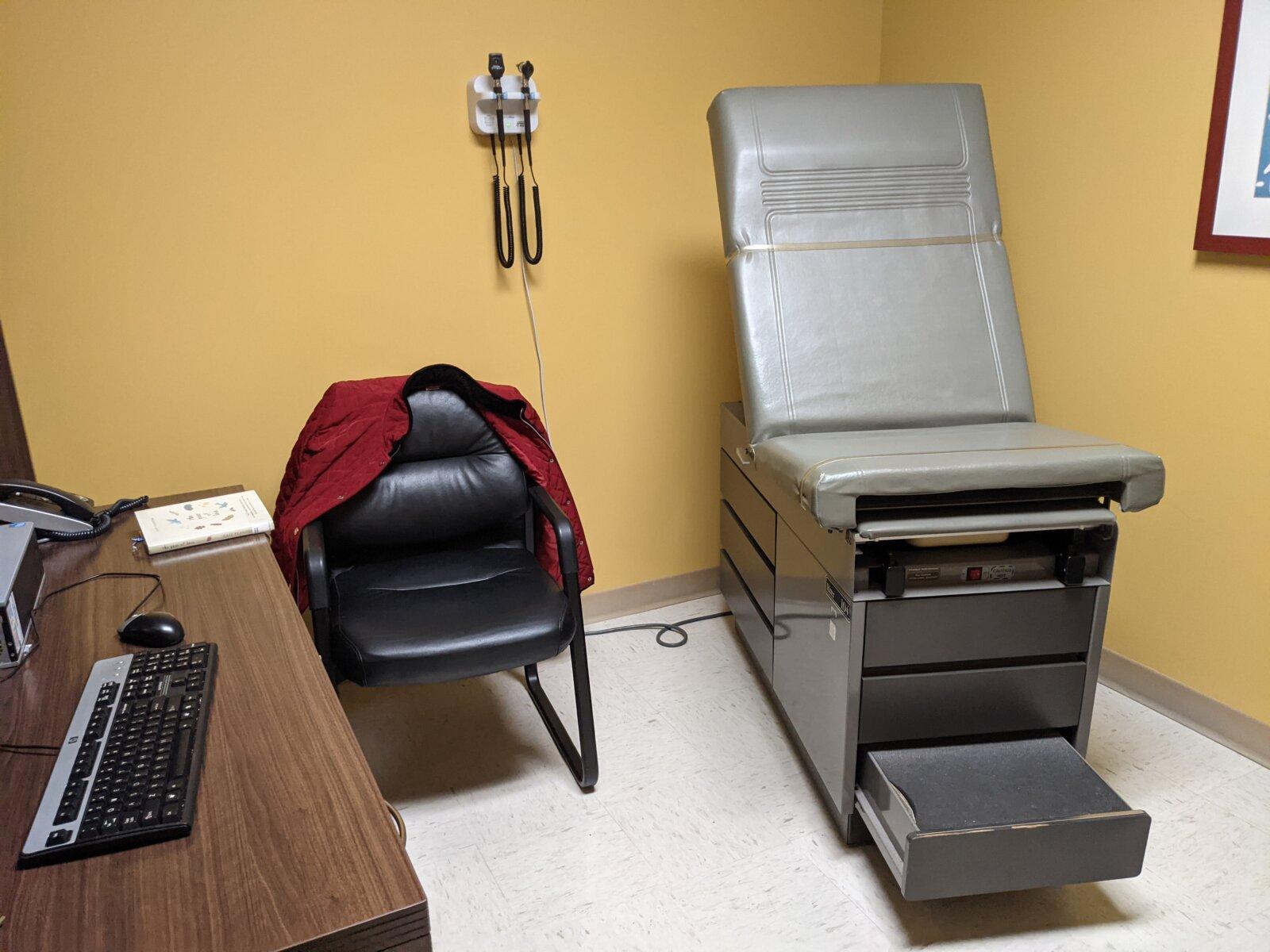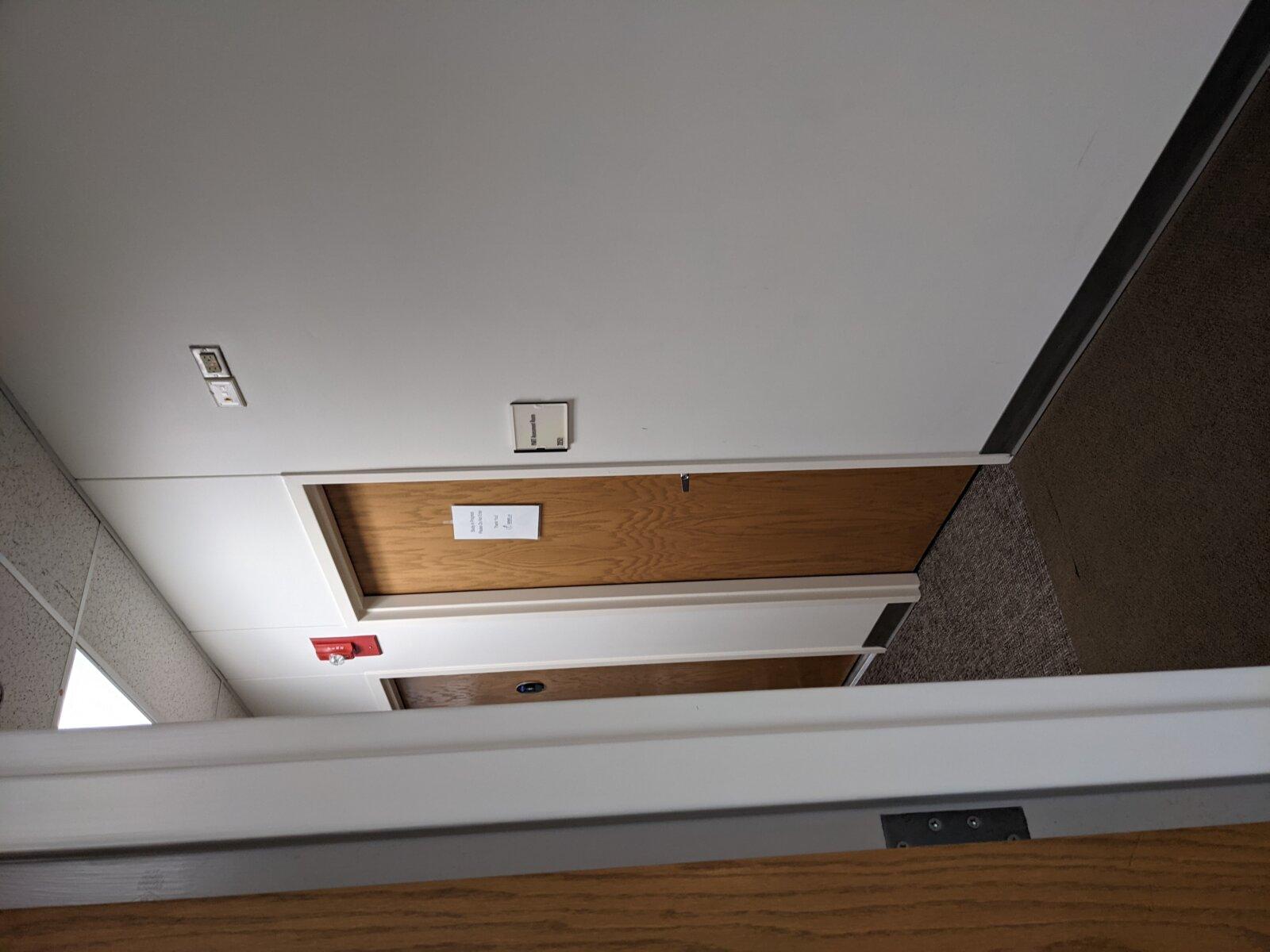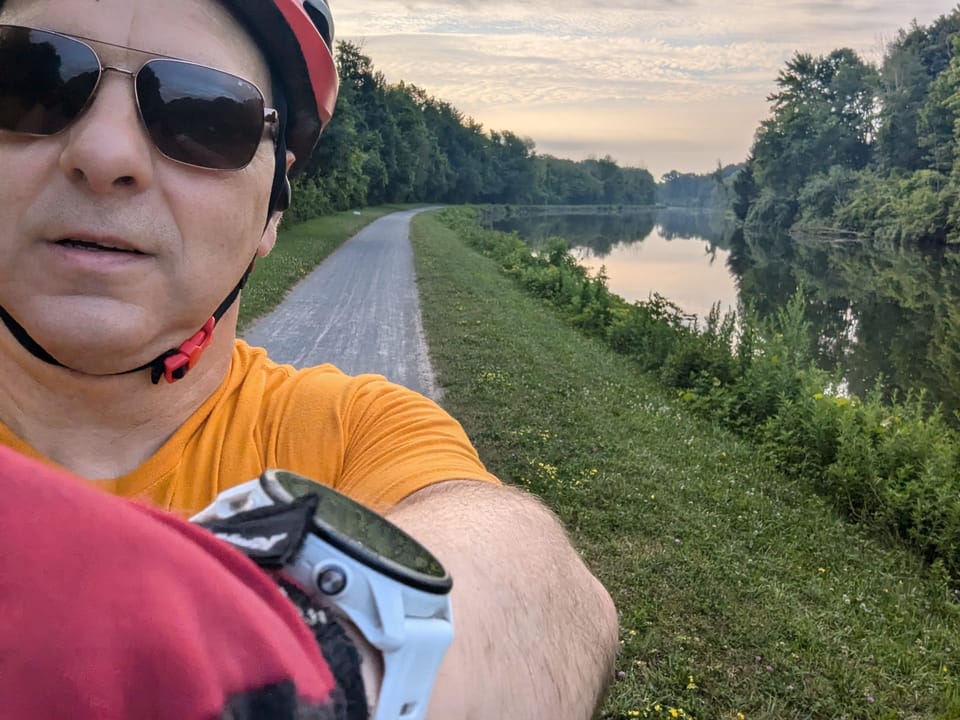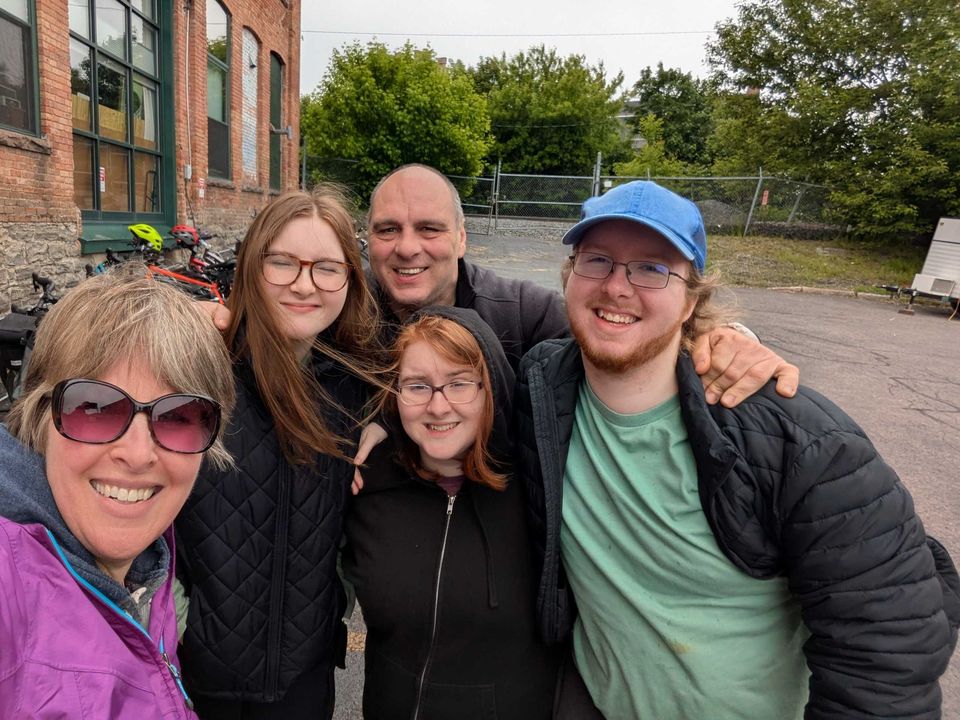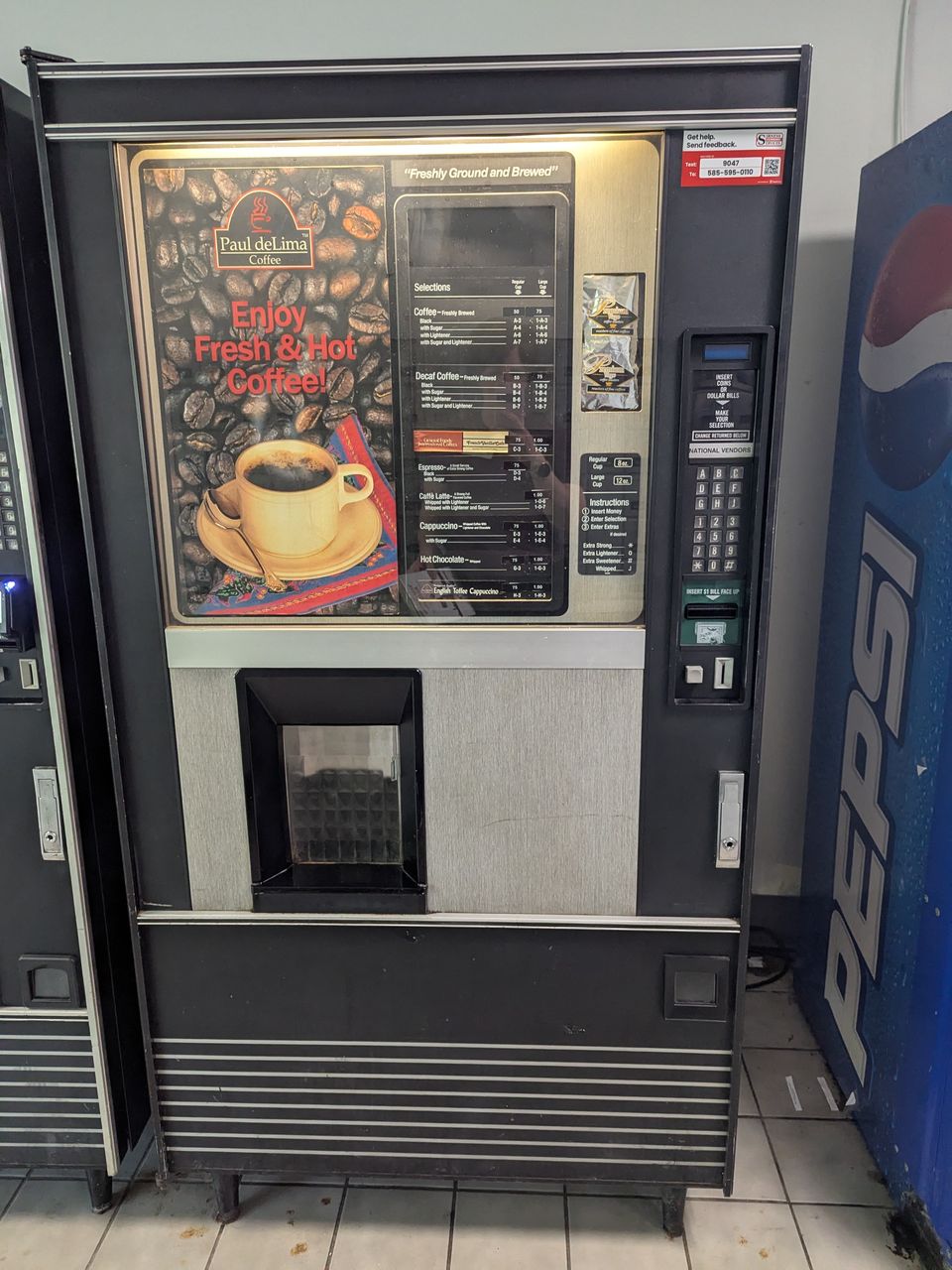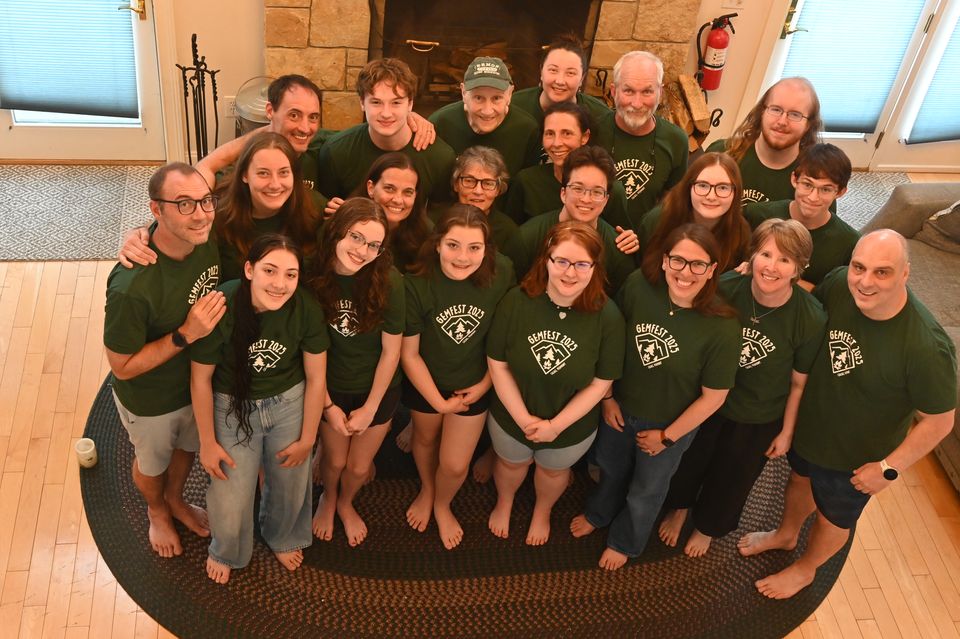Learning About Yourself
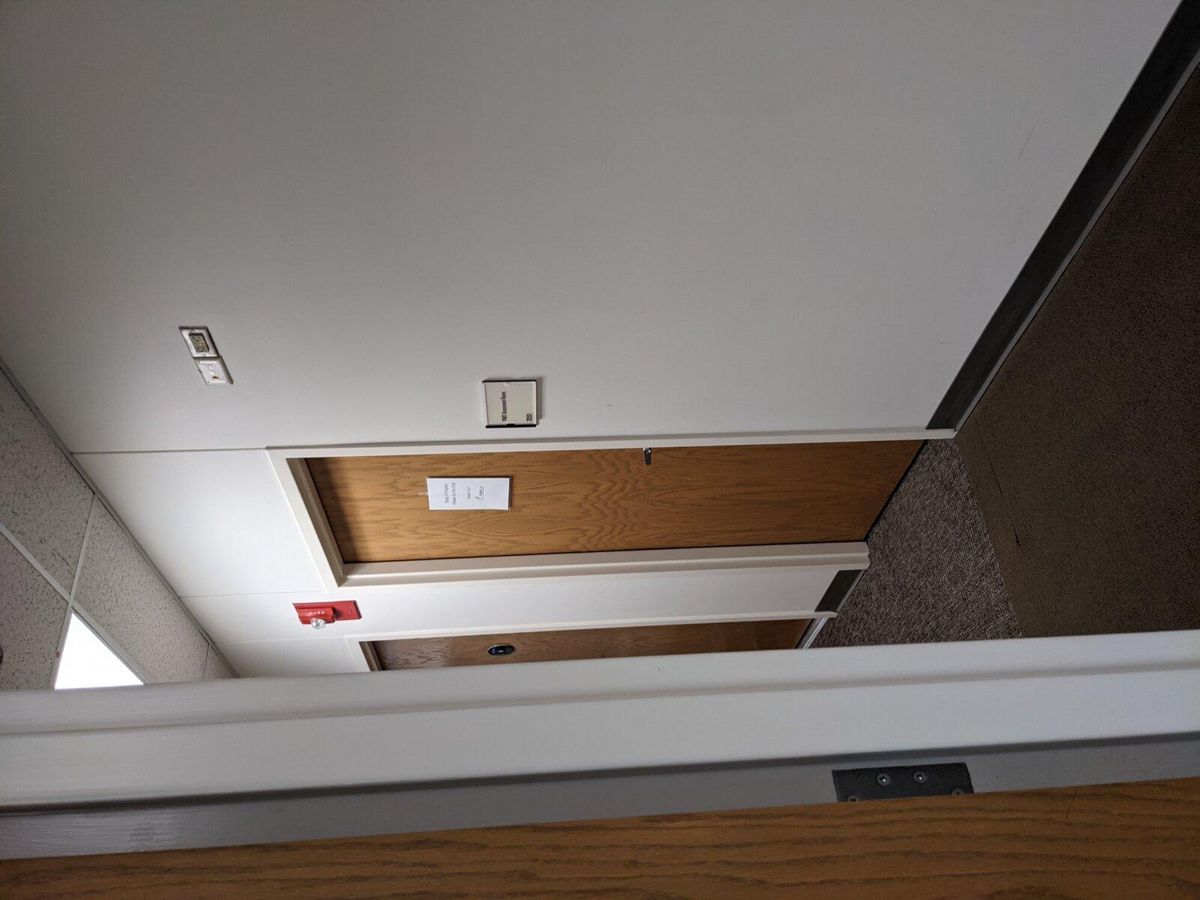
One of the benefits of homeschooling for us has been offering the children the time and space to explore learning, interests, joy-sparking events, and their self-knowledge without the constraints of regular schooling. For Monkey this has led to such a deep well of understanding of her own personality and strengths and “quirks.”
In 2017 Monkey went to Girl Scout Camp for a week. For a whole host of reasons it was a traumatic, terrible experience. The underlying issue was that she wasn’t respected when she tried to get the people in charge to listen to her when she said, “I need some quiet time and space to be by myself.” Girl Scout Camp is built around the buddy system, which works when Monkey has a buddy like Thalia who understands her. That was not available to her during that very long week. Neither would they allow her to call me, which would have brought her some measure of peace or given her the option of coming home.
But, sometimes horrible things can lead to good things.
In that way she does, Monkey processed that experience to try and learn from it. She talked through it with her therapist and she studied and researched online. And when she was ready, she came to me with her plan and a request.
She felt ready to investigate an autism diagnosis from a professional.
“At Girl Scout Camp, Mom, my voice wasn’t enough. I need to have another mechanism to advocate for myself.”
It took time and phone calls and emails and some people that wanted to help and other people that didn’t, and we eventually found our way to the lab of Dr. Blythe Corbett.
(Full disclosure right now, Dr. Blythe Corbett is the best secret identity name in the history of the world. Forget Dr. Bruce Banner and Bruce Wayne or Clark Kent. Dr. Blythe Corbett is my new favorite superhero.)
Dr. Corbett’s Research Coordinator, Mark, talked with Monkey and me on the phone for a long time about an upcoming research study they would be starting with adults. They’ve been using the research with youth since 2009, but 2021 would bring the opportunity to extend the research to adults.
Using theater to help sharpen social skills with folks on the autism spectrum was the goal, and intriguingly to me, the adult program would give the participants the opportunity to write their own monologues.
But Monkey and I still weren’t sure she would appropriately be labeled autistic, and Mark was able to offer us an option to confirm or deny.
We would have an assessment which would involve administration of the ADOS-2 (Autism Diagnostic Observation Schedule, Second Edition) and the Wechsler Abbreviated Scale of Intelligence (WASI-II), a parent questionnaire and health history.
Compared to private evaluation which would be $1500-2000, this assessment would be free as part of the research process.
Once Monkey agreed that yes, she was interested and willing to be part of the research if she qualified, we made the appointment with Mark and we waited.
Yesterday the wait was over.
Having Vanderbilt, or any world-class university/research school close by is such a fantastic blessing. We didn’t have to leave home until 9:15 for the 10 a.m. appointment.
Vandy is not playing when it comes to Covid. Masks everywhere, temp. screening before we were allowed up into the building, limits on the elevators.
We learned that Dr. Corbett had already received both her vaccines and the whole staff would soon be fully inoculated. In the room where Monkey’s assessments took place, she and the administrator were masked, 6 feet apart, with a plastic barrier between them.
We had been told it would take about 2-2 1/2 hours and I brought plenty of items to pass the time. They had designated an exam room as a “waiting room” for me so I had it all to myself.
Monkey was just a few feet away.
I could not hear the words being said, but I could hear the timbre of her voice and she was comfortable talking with Dr. Corbett which made me much more relaxed. If she was settled in and being herself, all would be well, whatever the outcome.
Mark had said Monkey would be with Dr. Corbett about 45 minutes but it was over an hour before they were through. Then Mark stepped in to administer the Wechsler and Dr. Blythe Corbett came over to visit with me.
She had a few questions about Monkey’s childhood and she had lovely things to say about how wonderful and funny and insightful Monkey is. She shared some of the responses Monkey had had to questions that were particularly insightful and elegant. Then she said, “She definitely qualifies for the study.”
And we had our answer.
I teared up. Not because I mind having a daughter on the spectrum. It doesn’t change our unconditional love and adoration of her and her personality. But as I said to Jenny, “…it was mostly a realization that the world is a hard place, but that was going to be true, label or not. Nothing changes our love for these children we’ve been given, but the outside world isn’t always on board.”
And then that Superhero Dr. Blythe Corbett had the perfect answer, “With her gifts, she’ll be fine no matter what, but the study can offer her some extra skills to help make those connections a little easier.”
Superhero and I talked for about 40 minutes about Monkey and the world in general.
The abbreviated Wechsler (4 sub-categories instead of 8 or 9) generally takes about 45 minutes, but took Mark and Monkey about 60.
This gave me time to process my thoughts a little more. Then, once Mark was done administering the IQ test, Monkey came over to sit with me while Mark wrote up his notes for Dr. Blythe Corbett.
Monkey told me about the tests, how she was feeling, and I told her that Superhero said she had qualified for the study. She was thrilled because, “This confirms that I do know myself well.”
When Dr. Blythe Corbett was ready to talk with both of us, we settled in and she shared some insight and feedback with Monkey.
So many kind, loving, supportive comments. She shared Monkey’s IQ which brought giggles of joy and excitement, and she gave Monkey concrete suggestions for things to work on in the weeks ahead.
“I’m so excited to have you as part of the research, Monkey. Knowing you will help to write it is going to be a delight, and it will strengthen those social connections that help us all move through the world.”
They’ll send us a summary of the results which we may use as we see fit. That was another piece of advice that Superhero shared with us, “This diagnosis can help you get what you need to be successful, but it isn’t an excuse. You have what you need without the diagnosis.”
Monkey’s response, “Yes, and it helps me know how to understand myself even better, and if I need to use it as a bludgeon with some people, I’ll have that option.”
Dr. Blythe Corbett and Mark were such a perfect duo to help lead us into this next experience/understanding. They were a delightful, kind team, and I’m so grateful we found them.
In the next few weeks they will divide the group to determine which co-hort will take part in the research study in the winter and which group will wait until summer.
For those who know Monkey, I trust this will not change your behavior or attitude toward her. Neither am I interested in stories of, “Oh, this explains why she did this when she was little.” If you need to process the information of her diagnosis for some reason, do that processing with someone other than the people in my immediate family.
We’ll continue to support and encourage and advocate for her as we always have; with joy, laughter, exasperation and love. Always with love.


